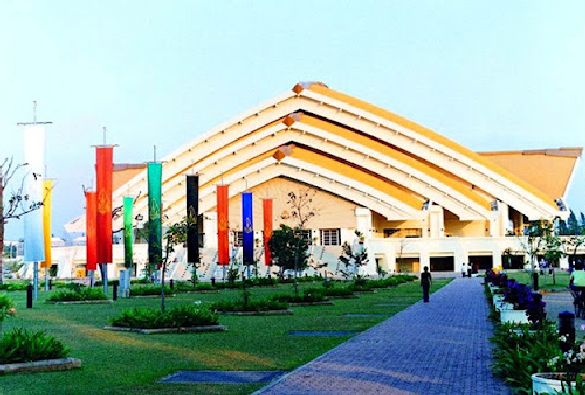
The University of Liverpool is working with Khon Kaen University in Thailand to provide opportunities for postgraduate biology students to collaborate on liver cancer research in villages in the region.
The students join a research group that are investigating how parasitic infection in fish could increase the risk of liver cancer in the local villagers. The team have set up outreach programmes to education villagers on cooking techniques that can reduce infection.
Local delicacies in north-east Thailand have been found to contain liver flukes. Traditional local foods, such as Koi Pla (finely chopped raw fish in spicy salad dressing) or Som Tam Pla Ra (papaya salad with pickled fish), use raw fish or fermented raw fish, which may contain parasite eggs present in the infected fish.
Reducing risk
Professor Steven Edwards, Head of the University’s Institute of Learning and Teaching, said: “The outreach and education programme is having a real and positive effect on the health of the local villagers, and infection rates are already declining.
“Part of the education campaign focuses on getting people to cook their fish before they use it in their foods. This collaboration helps the students gain a better understanding of this terrible disease whilst at the same time enabling them to give people the tools to reduce their risk of infection.”
In many rural areas in the wetlands, infection rates are endemic, and in some villages up to 80% of the population are infected. In these regions, the local population rely very heavily on the wetlands for their food and income.
Cooking habits
The research group at Khon Kaen have discovered that fish within these waters also have high rates of infection with the flukes. In addition to their laboratory and clinical work the group has developed a public education programme to teach the local villagers about how to avoid infections, mostly via changes in their cooking habits.
University of Liverpool students who travel to Khon Kaen assist in the ongoing research into this disease and help with the delivery of these education programmes.
For more information about this programme of work please visit http://bit.ly/1KIwcyR
